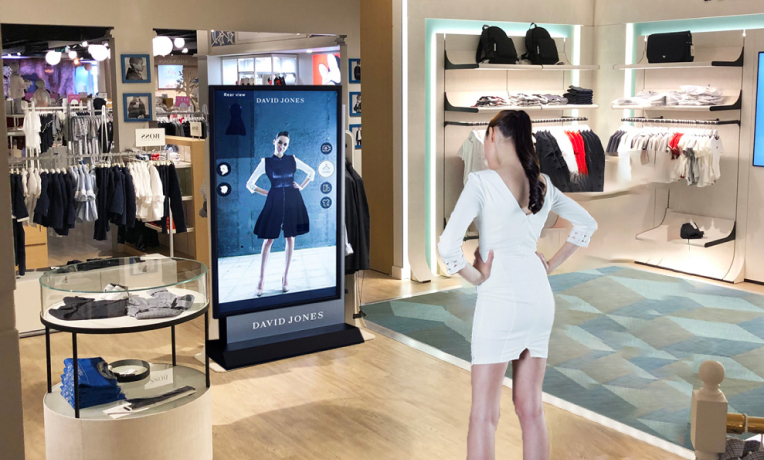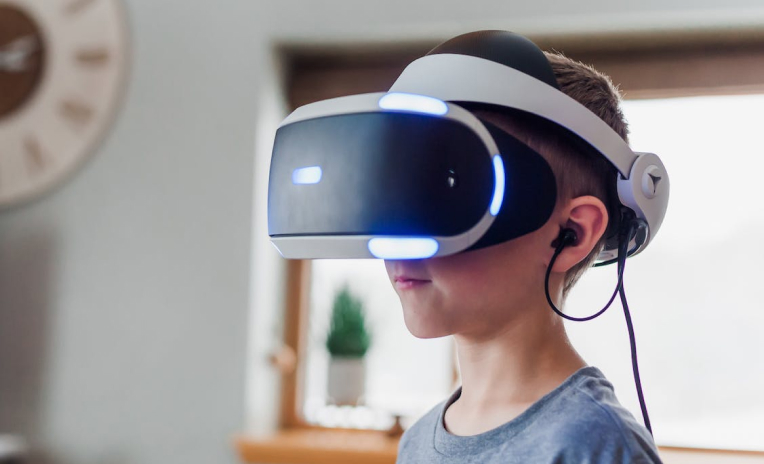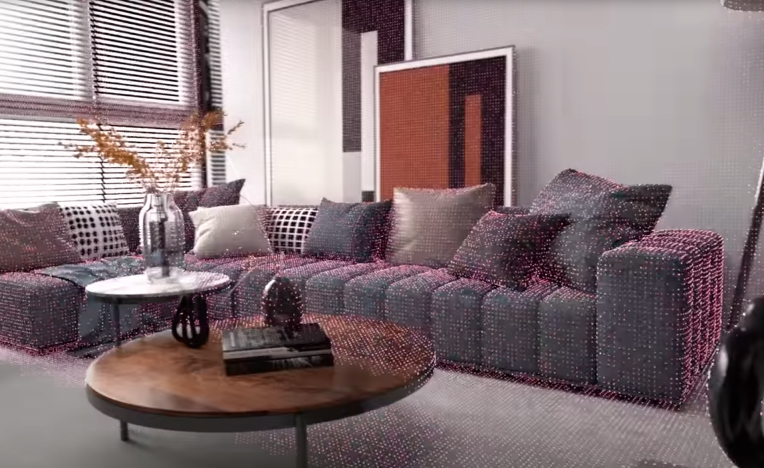
Applications of XR Technology in the Retail Sector
By NEOTEQ | Posted Jul 25, 2023
Extended Reality (XR) technology, which includes Virtual Reality (VR), Augmented Reality (AR), and Mixed Reality (MR), has the potential to revolutionize the retail sector. By blending the physical and digital worlds, XR offers unique and immersive experiences that can enhance customer engagement, improve sales, and drive brand loyalty. Here are some applications of XR technology in the retail sector:
Virtual Try-On: AR and VR can enable customers to virtually try on products, such as clothing, accessories, makeup, or eyewear. This enhances the shopping experience by allowing customers to visualize how products will look on them before making a purchase, reducing the need for physical try-ons and potential returns.
Virtual Showrooms: Retailers can create virtual showrooms or stores using XR technology. Customers can explore products and interact with them in a digital environment, providing a novel and convenient shopping experience from the comfort of their homes.
Product Visualization: XR allows retailers to showcase products in 3D, providing customers with a more detailed and realistic view. This is particularly useful for products that are challenging to demonstrate or require assembly.
In-Store Navigation: AR can help customers navigate through physical stores, providing them with interactive maps, product locations, and personalized recommendations based on their preferences and purchase history.
Interactive Advertising and Promotions: AR can be used in print or digital advertisements to create interactive and engaging experiences for customers. Scanning a QR code or pointing a smartphone at an ad can trigger AR content, enhancing brand awareness and promoting products.
Enhanced Visual Merchandising: XR technology allows retailers to experiment with virtual visual merchandising. They can design and display virtual store layouts, showcasing how different products and displays interact with each other and optimize the overall store design.
Training and Employee Education: XR can be used for employee training in the retail sector. It can simulate customer interactions, teach sales techniques, and prepare staff for various scenarios, ultimately improving customer service.
Personalized Shopping Experiences: XR can leverage data analytics and AI to create personalized shopping experiences. By analyzing customer preferences and behavior, retailers can offer tailored product recommendations and promotions to individual customers.
Brand Storytelling and Immersive Marketing: XR technology allows retailers to tell compelling brand stories and immerse customers in the brand's narrative. This emotional connection can deepen brand loyalty and engagement.
Virtual Events and Launches: XR can be used to host virtual product launches, fashion shows, or events, reaching a broader audience and providing an interactive experience to customers worldwide.
By adopting XR technology in the retail sector, businesses can differentiate themselves from competitors, enhance customer engagement, and create unique and memorable shopping experiences. As XR technology continues to evolve, its applications in retail are expected to grow, reshaping the way consumers interact with brands and products.
Recent Industry Insights
-
 10 Key Considerations when Designing for XR
10 Key Considerations when Designing for XRWith XR implementations on the rise, here are 10 key considerations to account for when designing for XR environments.
-
 5 Different Sales Tools to Strengthen the Sales Pitch
5 Different Sales Tools to Strengthen the Sales PitchWith recent advancements in technology, marketers are always looking for refreshing new ways to engage customers.
-
 Importance of Cybersecurity in Any Business
Importance of Cybersecurity in Any BusinessIn an increasingly technical landscape, it is more important than ever for businesses to secure themselves against threats online.
-
 Applications of XR Technology in the Retail Sector
Applications of XR Technology in the Retail SectorWith the rise of social media short-form content, it is critical for marketers to seek alternative ways to engage users.
